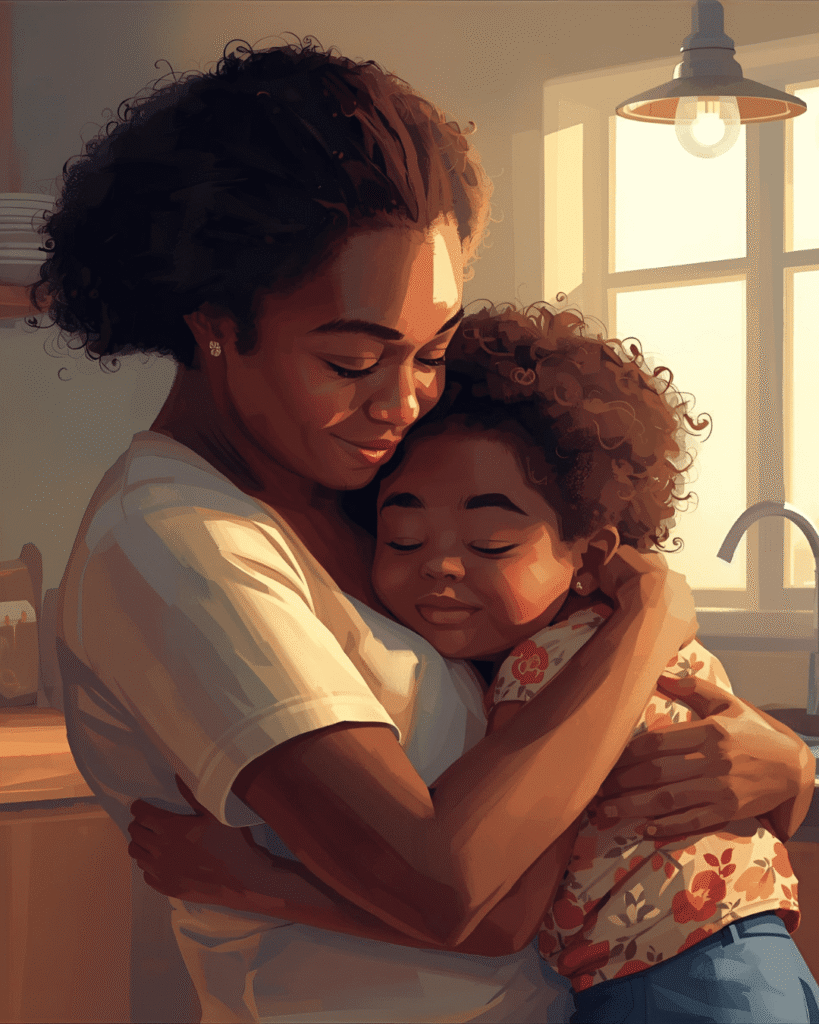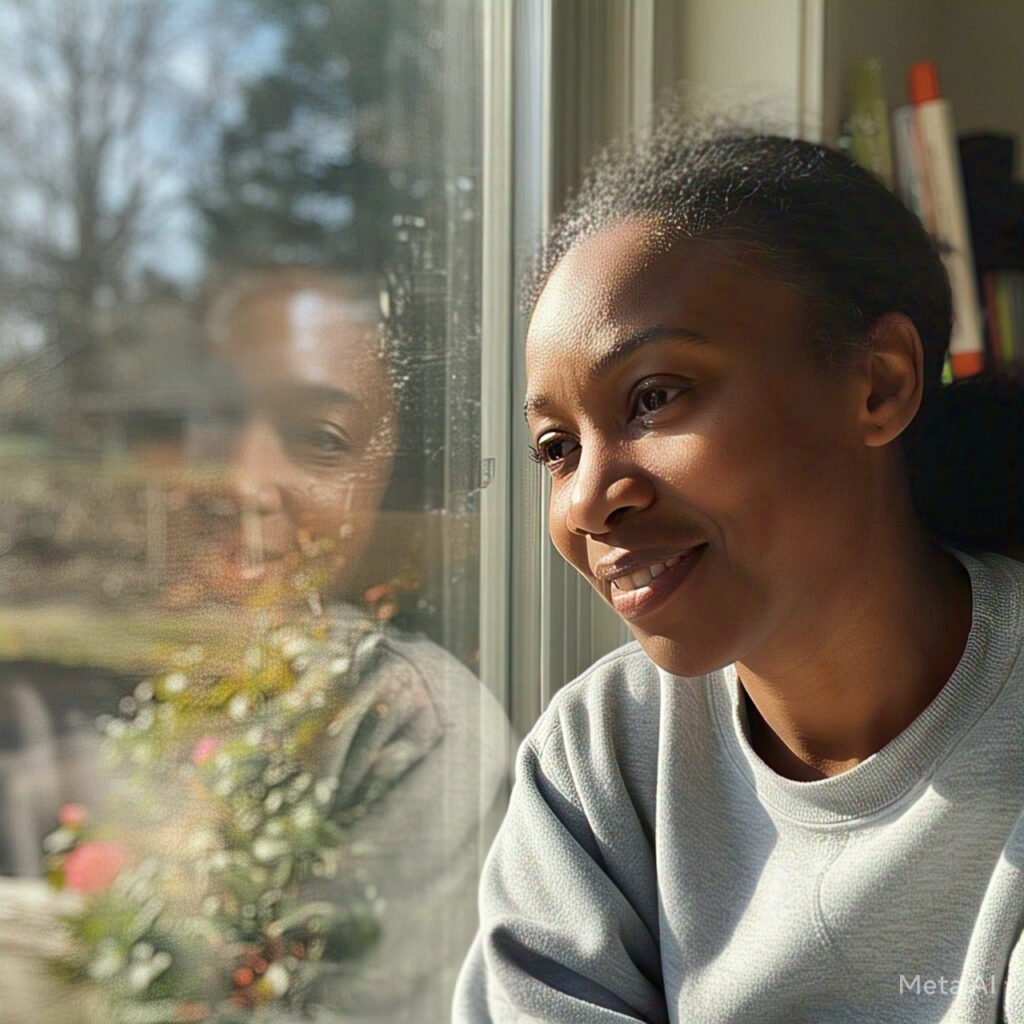How Parenthood and Life Changes Taught Me Self-Love
Parenthood and life changes can sometimes feel overwhelming, but they also serve as reminders to practice self-love, resilience, and compassion in new ways. I learned this on my journey. When I became a parent, I didn’t just step into a new role; I found myself almost lost in the process. From the constant changes […]
How Parenthood and Life Changes Taught Me Self-Love Read More »









